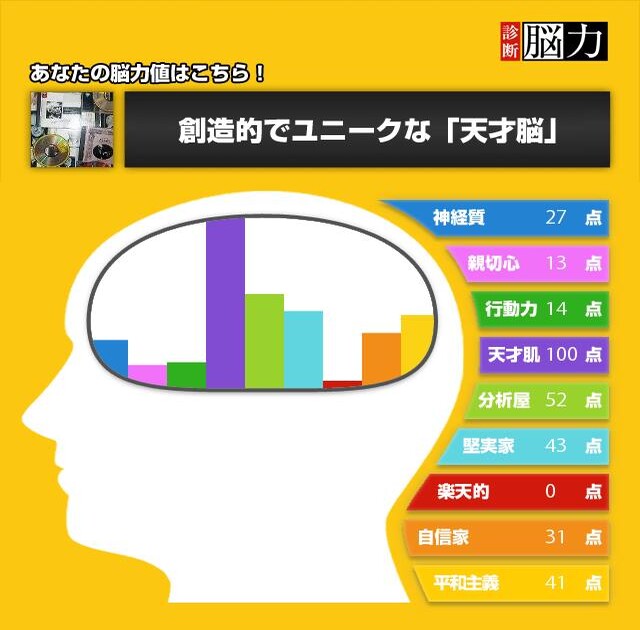シューマンの『詩人の恋』:文学と音楽の出会い
ロベルト・シューマンは文学に造詣の深い作曲家でした。彼の代表作のひとつである歌曲集『詩人の恋』は、彼の文学的感性を見事に音楽にしたものです。私もこの作品に感動したことがあります。
シューマンは書籍商で小説家でもあった父アウグストの影響を受けて、ゲーテやシェークスピア、バイロンなどの名作に親しんでいました。
シューマンの性格は、感受性が鋭いだけでなく、情熱的で狂気的なところもありました。彼の父や姉は精神障害で亡くなり、シューマン自身も自殺未遂を起こして精神病院に入院しました。現在では、彼は統合失調症や躁鬱病だったのではないかと推測されています。
音楽家は一般に現実的で常識的な人が多く、夢想癖や空想癖のある人や精神に異常をきたす人は少ないと言われています。
しかし、画家や小説家には、そうした人がよく見られます。
この観点からすると、シューマンは音楽家というよりも小説家のような感性を持っていたと言えるかもしれません。実際、シューマンは音楽を独学で勉強し、本格的な音楽教育を受けたのは18歳になってからでした。
1840年頃には、シューマンは独唱歌曲(リート)を多く作曲しました。彼が文学に造詣の深かったことは、これらの歌曲にも表れていますが、それだけではありません。彼は音楽的な才能も高く、歌とピアノの対話や、詩の意味や雰囲気を巧みに表現することができました。
代表作「詩人の恋」は、シューベルトの「冬の旅」とともに歌曲集の傑作となっていますが、ここではピアノが単なる伴奏ではなく、歌と対等に響き合っています。
第1曲「美しい5月に」の音楽は長調と短調が交錯し、明るく歌っているようでいて、その裏には言いようのない寂しさが感じられます。
この歌曲集の名盤としては、フィッシャー=ディースカウとエッシェンバッハのグラモフォン盤が挙げられます。
F=ディースカウは、素晴らしい声のコントロールと、詩の内奥に斬り込んだ鋭い心理描写で聴く者の胸を打ちますが、それと同程度かそれ以上に素晴らしいのがエッシェンバッハのピアノです。
このふたりによって、シューマンの歌曲は幾重にも屈折したところで自閉的な世界をあやしく光らせます。この歌曲集に秘められた「にがい苦しみ」をこれほど噴き出させた歌手、ピアニストは例がないと言えるでしょう。
![]()
Schumann's "Dichterliebe": An encounter between literature and music
Robert Schumann was a composer with a deep knowledge of literature. One of his masterpieces, the song collection ``Dichterliebe'', is a brilliant musical adaptation of his literary sensibilities. I was also moved by this work.
Schumann was influenced by his father, August, who was a bookseller and novelist, and was familiar with masterpieces such as Goethe, Shakespeare, and Byron.
Schumann's personality was not only sensitive, but also passionate and crazy. His father and sister died of mental illness, and Schumann himself attempted suicide and was admitted to a psychiatric hospital. It is now speculated that he may have suffered from schizophrenia or manic depression.
It is said that most musicians are generally realistic and have common sense, and there are few people who are daydreaming, daydreaming, or mentally abnormal.
However, such people are often found among painters and novelists.
From this perspective, it may be said that Schumann had the sensibilities of a novelist rather than a musician. In fact, Schumann was a self-taught musician and did not receive formal musical training until he was 18 years old.
Around 1840, Schumann composed many solo songs. His deep knowledge of literature is evident in these songs, but that's not all. He was also highly talented musically, able to skillfully express the dialogue between his singing and the piano, as well as the meaning and atmosphere of his poems.
His masterpiece ``Dichterliebe'' is a masterpiece of the song collection along with Schubert's ``Winter Journey'', but here the piano is not just an accompaniment, but resonates equally with the singing.
The music of the first song, ``In Beautiful May,'' is a mixture of major and minor keys, giving the impression of a cheerful song, but underneath it is an indescribable loneliness.
The masterpieces of this song collection include the gramophone editions of Fischer-Dieskau and Eschenbach.
F=Dieskau touches the hearts of listeners with his wonderful control of his voice and his sharp psychological depictions that cut deep into the depths of his poems, but Eschenbach's piano is just as wonderful, if not more so.
Thanks to these two, Schumann's songs are refracted multiple times, making the autistic world mysteriously shine. It can be said that there is no other singer or pianist who has brought out so much of the bitterness hidden in this collection of songs.

